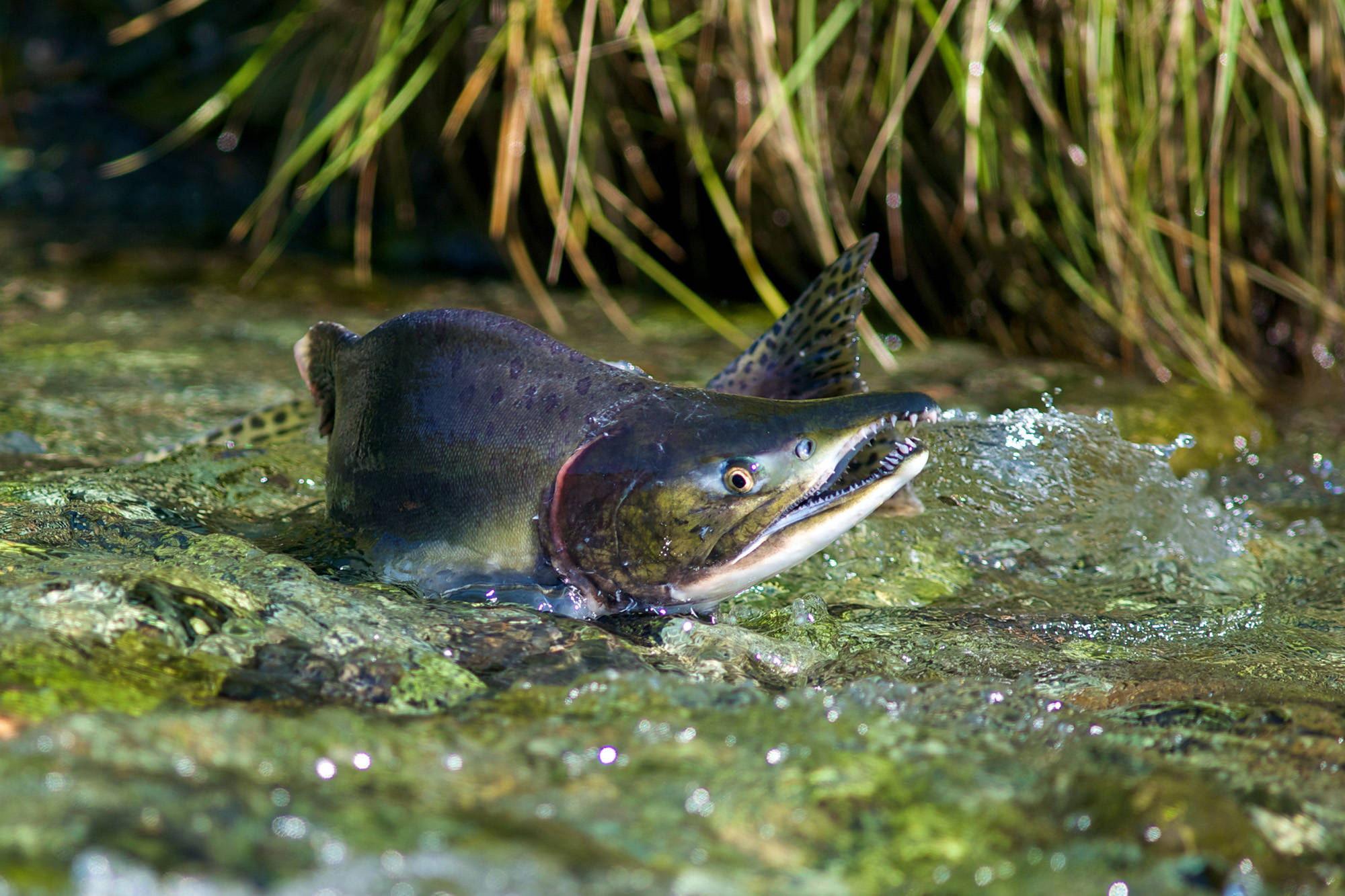Not many places on earth can compare to what Alaska has — our wild salmon runs and incredible scenery can only be found in small corners of the world. The reason I moved to Alaska was that it has always been the fishing mecca for me. I dreamed of rivers teeming with salmon and the chance to tangle with world-class fish. People save their entire lives to be able to visit and fish in Alaska. They come from around the world to experience what wild salmon streams used to be like where they live now.
It’s not just about uniqueness and awe, either. As a sportfishing guide and business owner, I am proud to be a part of an industry of over a thousand businesses employing around 2,500 registered Alaskan fishing guides that contribute $1.4 billion to the Alaskan economy annually. Sportfishing provides consistency in employment and offers stability in times of economic downturns for our state. The thousands of employees in the sportfishing industry, as well as the 450,000 people who participate in sportfishing annually throughout our state, depend on healthy salmon populations for food and employment.
The mysterious and miraculous journey pacific salmon make each year to their home waters is something that we have celebrated and depended upon for centuries. The annual salmon migration awakens Alaska from winter slumber and brings people from all corners of the globe to witness and take part in the spectacle.
Though we may not fully understand the intricacies of salmon life cycles, we know that in some of our rivers and streams, salmon are not coming back, or haven’t been returning in the numbers they once did. Worse, once resource-rich rivers and streams in the Lower 48 are now often completely devoid of wild salmon, causing grave concerns for the recent downward trends we’ve seen on our rivers and streams in Alaska.
The reasons for low returns vary, but lessons from the lower 48 are staring us right in the face. Alaska is truly at a crossroads. Our laws protecting salmon and their habitat haven’t been updated since statehood. We may not be able to control all of the problems that impact our salmon fisheries, but we can very easily limit the loss of habitat that our salmon need to survive. Updating the way we issue permits for projects on salmon rivers will go a long way to reversing trends in losses of habitat and bolster healthy salmon returns.
Updating our fish habitat permitting laws would provide a balanced and transparent process, by establishing standards to ensure our fish are safe as new development comes to Alaska, such as maintaining stream flow, water quality and quantity, and fish passage. Adding these common-sense standards to our law promotes responsible development in a fish-based economy by ensuring that projects are built in a way that avoids or minimizes impacts to fish and wildlife and allows our state to continue to grow while salmon thrive. Strengthening protections for salmon habitat would ensure that stories of Alaskan streams where salmon runs once were “so thick you could walk across their backs” would not be relegated to myth or folklore.
Alaska has the opportunity to show the world that we will not let one of the very last strongholds of salmon on the planet slip through our hands, and now is the time to make the necessary changes to our permitting system to prove it.
Through initiatives like Stand for Salmon, we can ensure that our laws protecting wild salmon not only preserve habitat, but also promote responsible development. Stand for Salmon isn’t an all or nothing initiative; it gives us a voice in the process, as residents, fisherman and business owners, by strengthening our ability to protect vital salmon habitat and the jobs tied to our salmon.
As an Alaska sportfishing business owner, I would like to encourage our elected officials, my fellow anglers, and all Alaskans to support House Bill 199 in the legislative session and vote yes on Stand for Salmon at the ballot box later this year. Together we can ensure a prosperous future for Alaska’s wild salmon and our amazing salmon-based businesses.
• David Lisi is the owner of Cooper Landing Fishing Guide, LLC based in Cooper Landing where he makes his year-round home. He is a professional fly fishing guide and outfitter on both the Kenai and Kasilof Rivers on the Kenai Peninsula.

